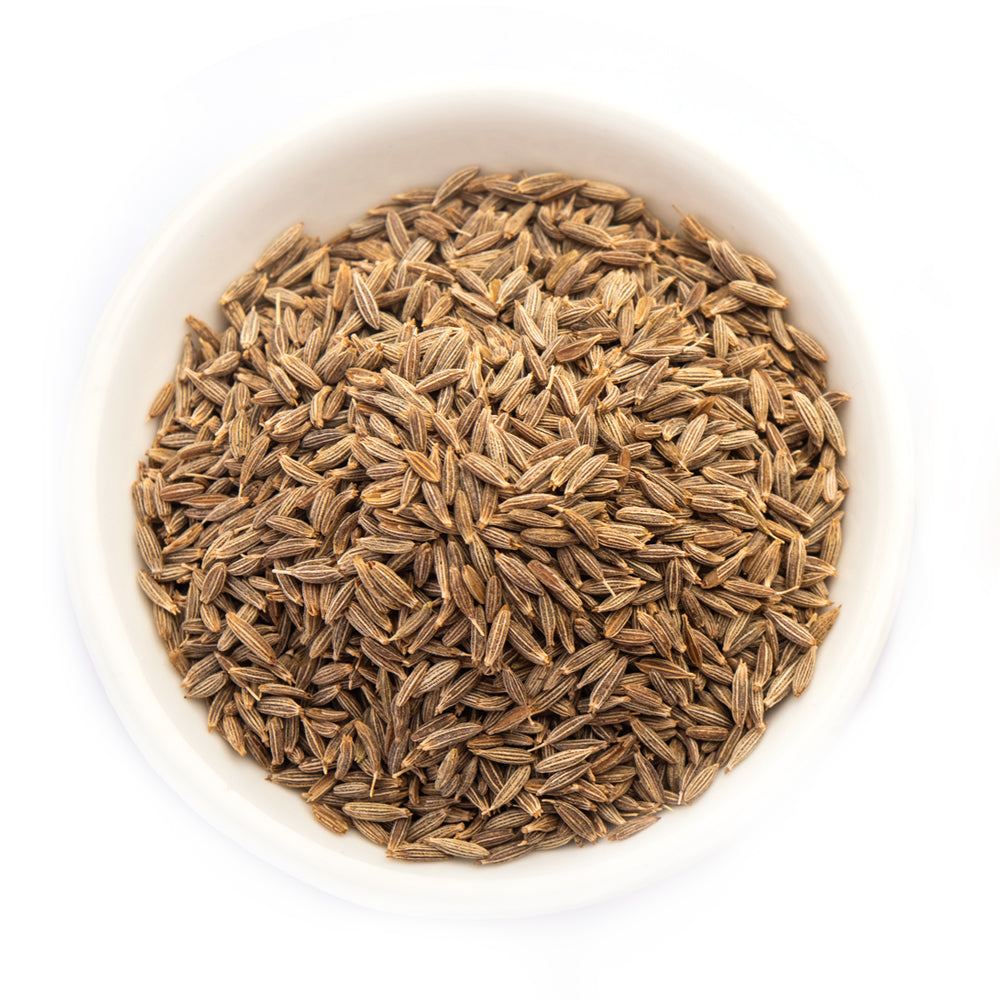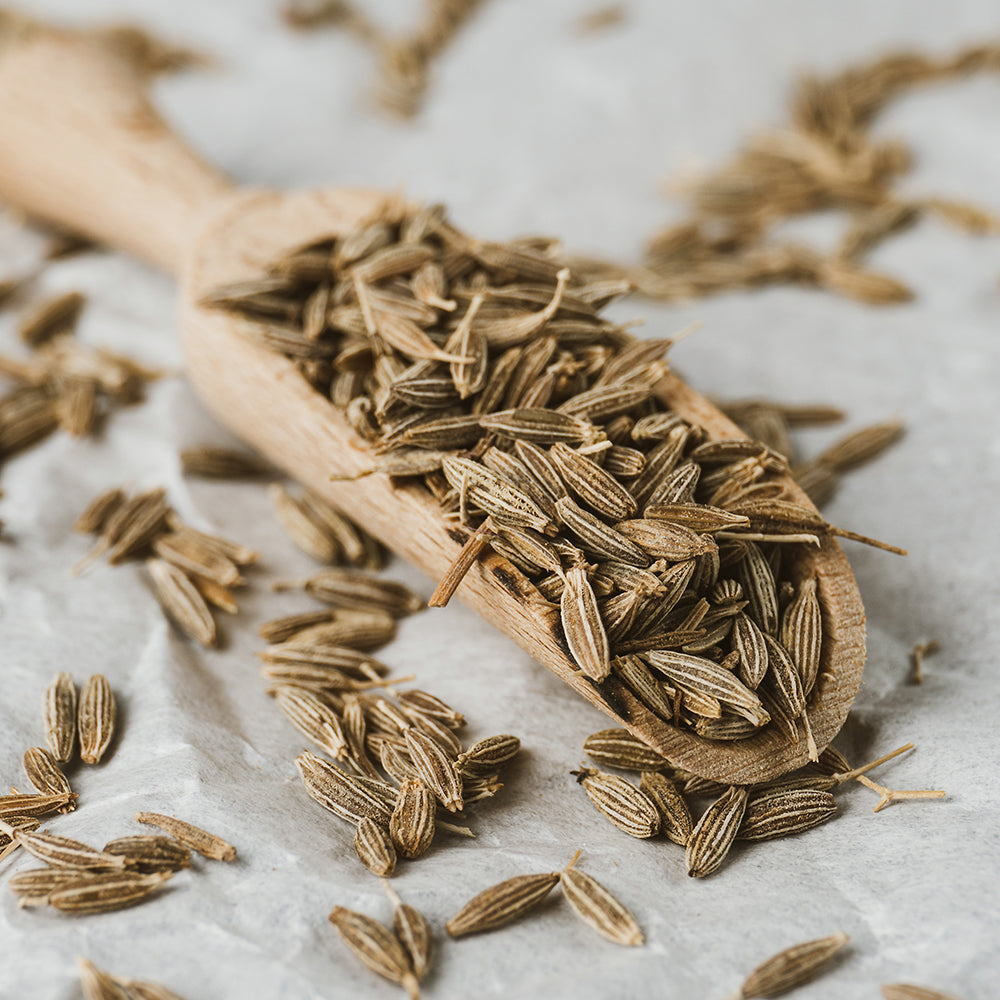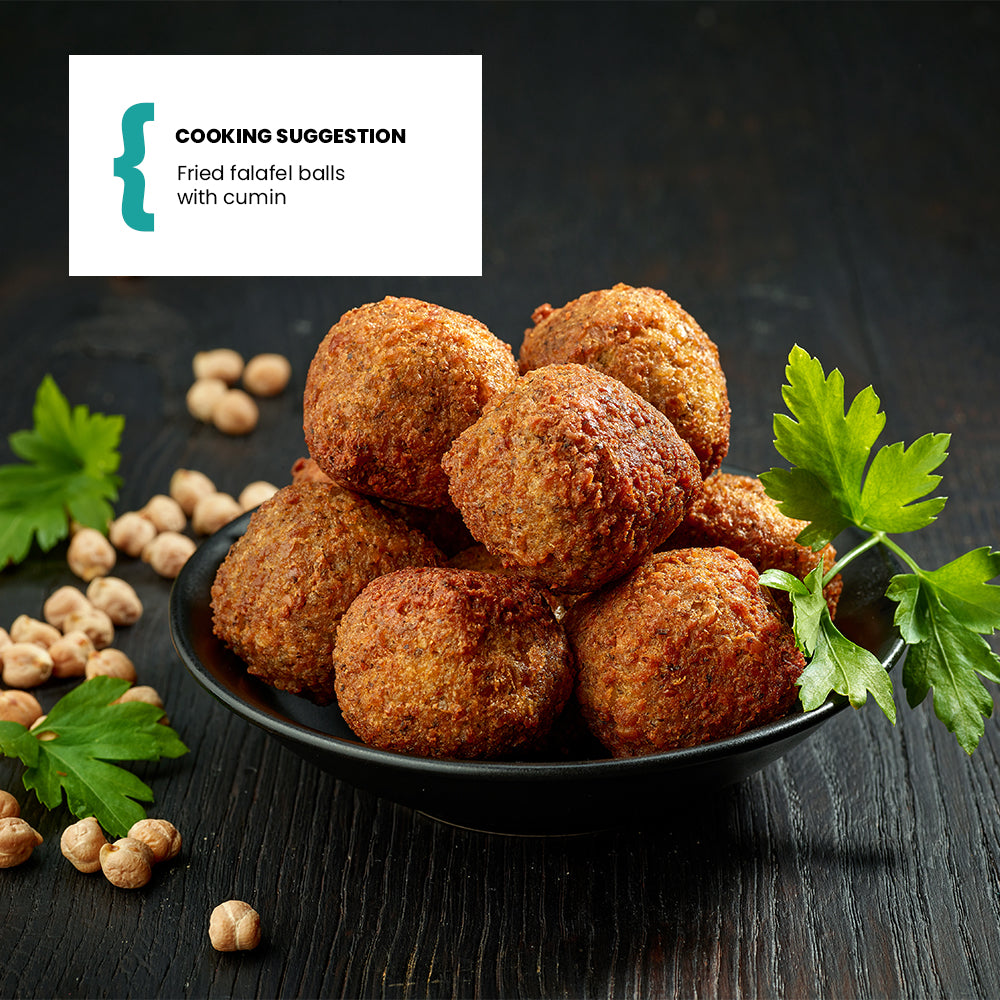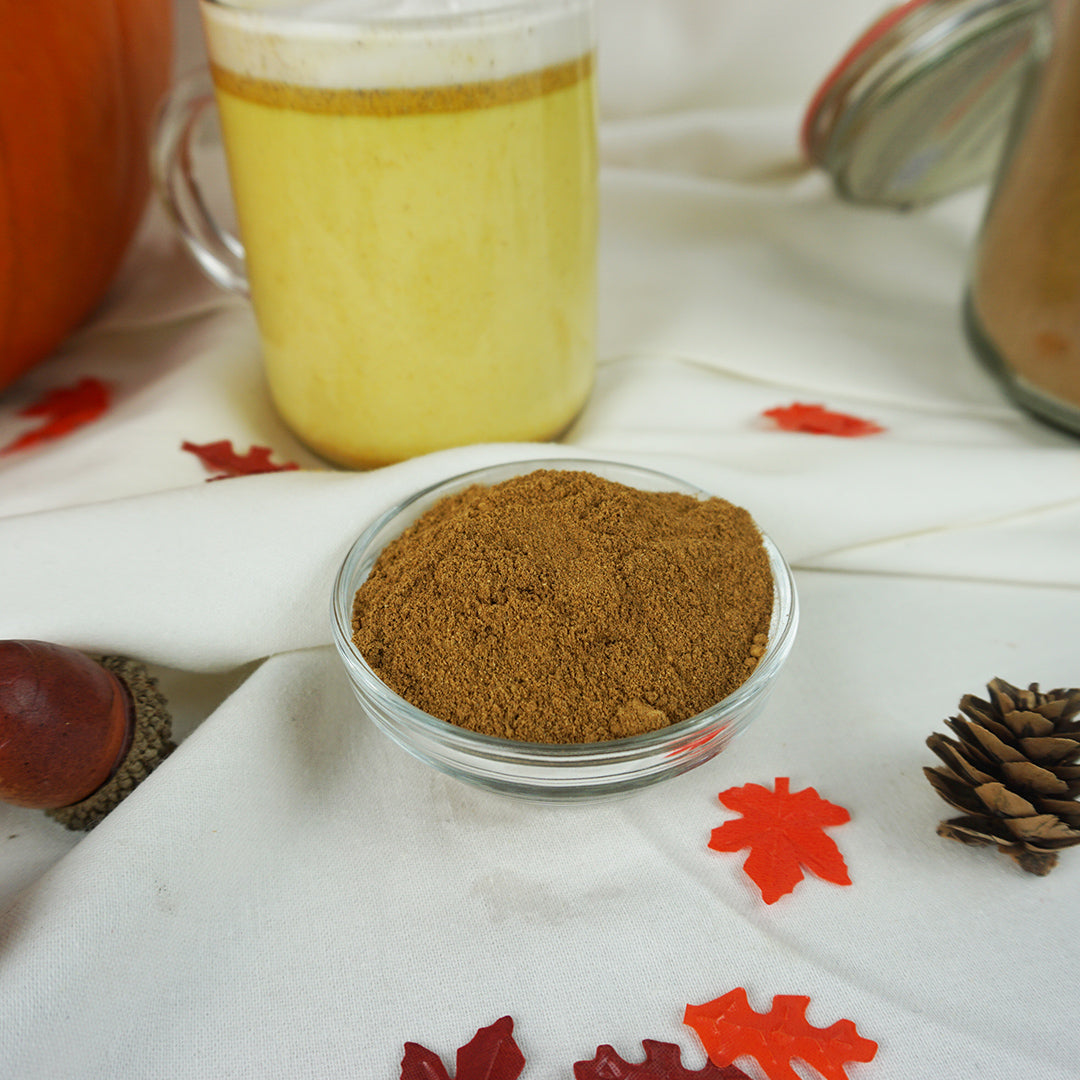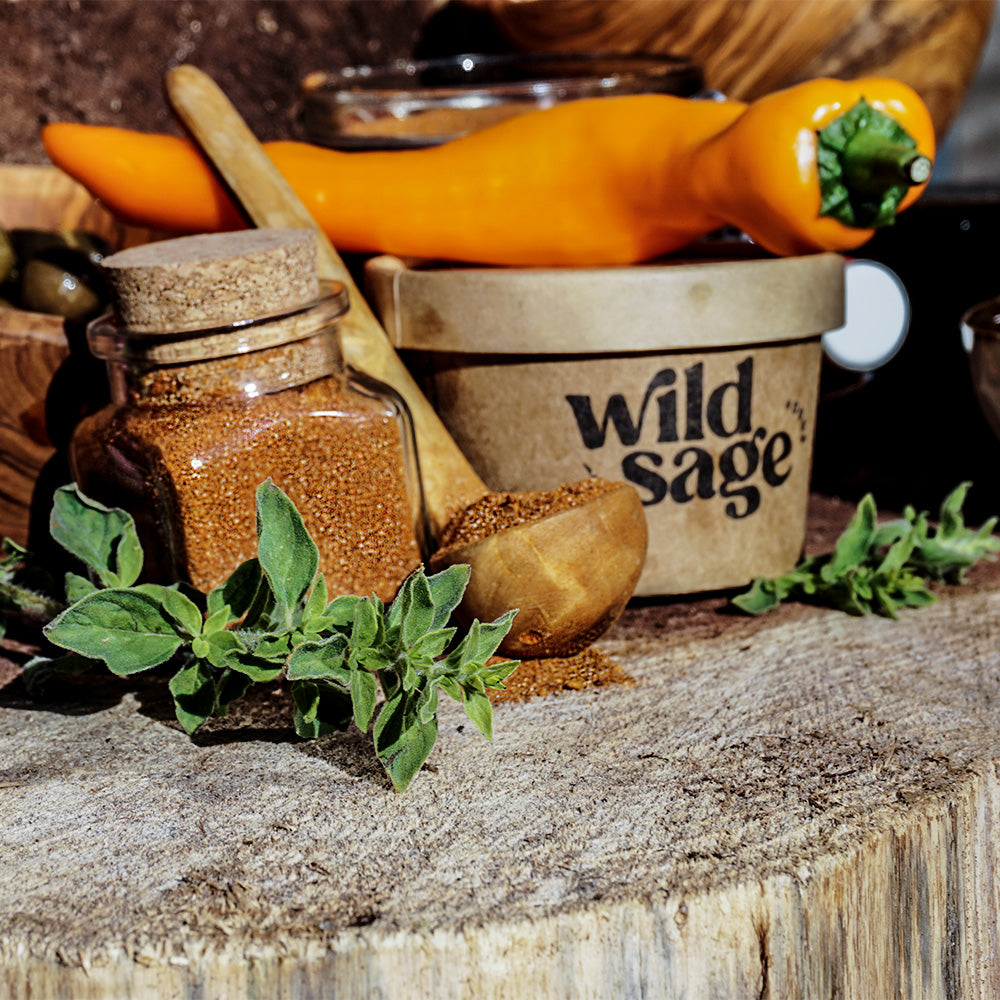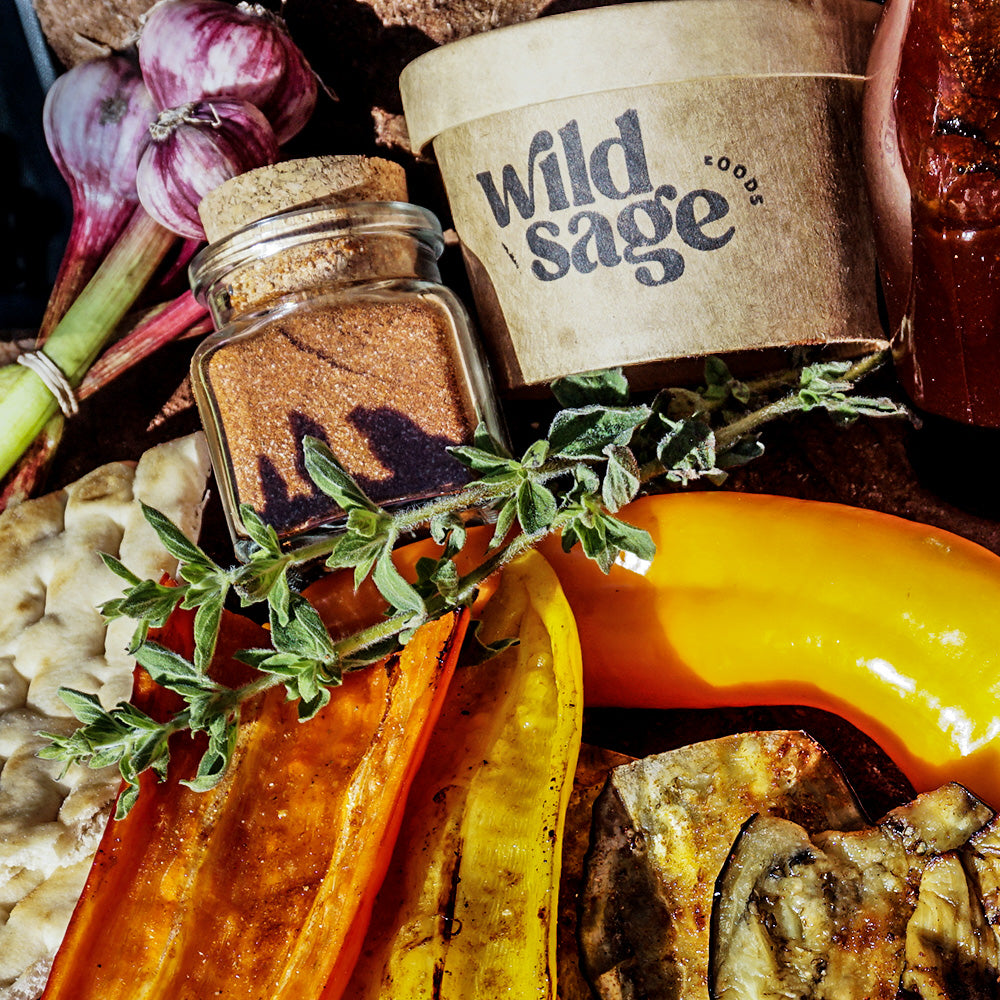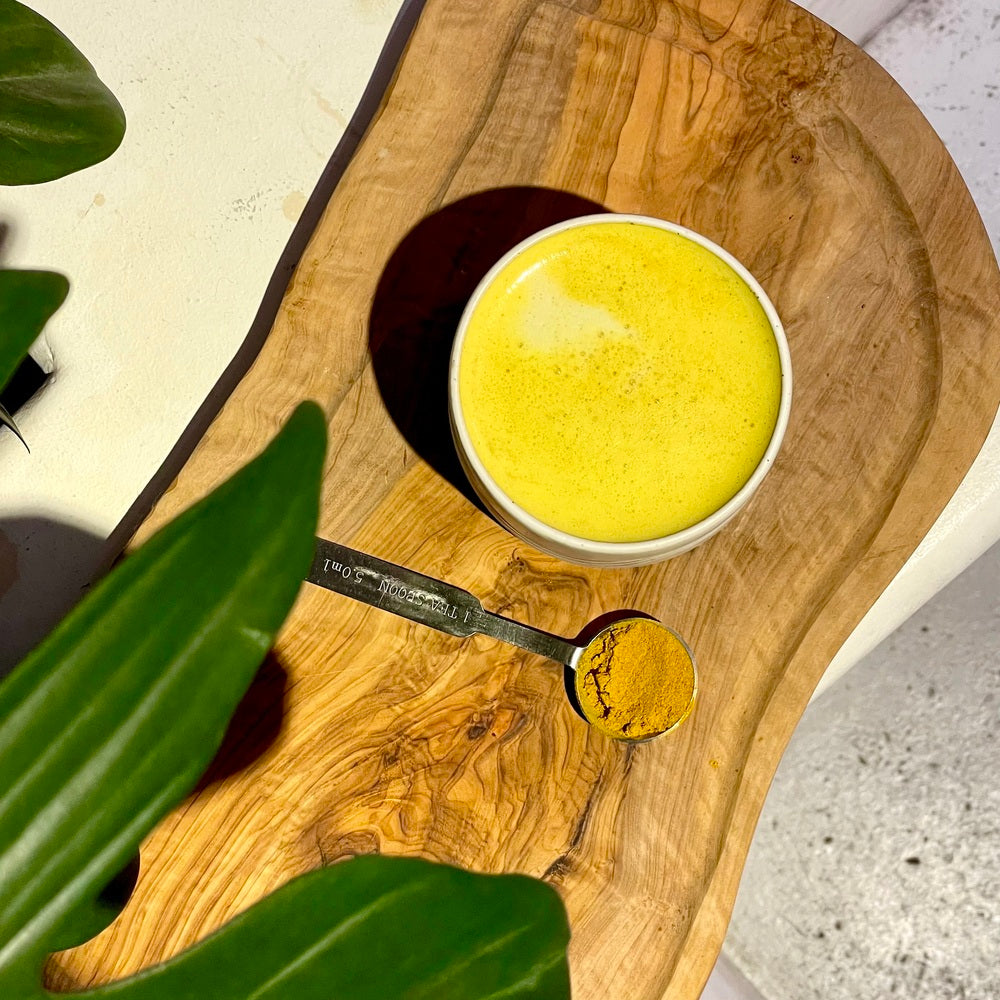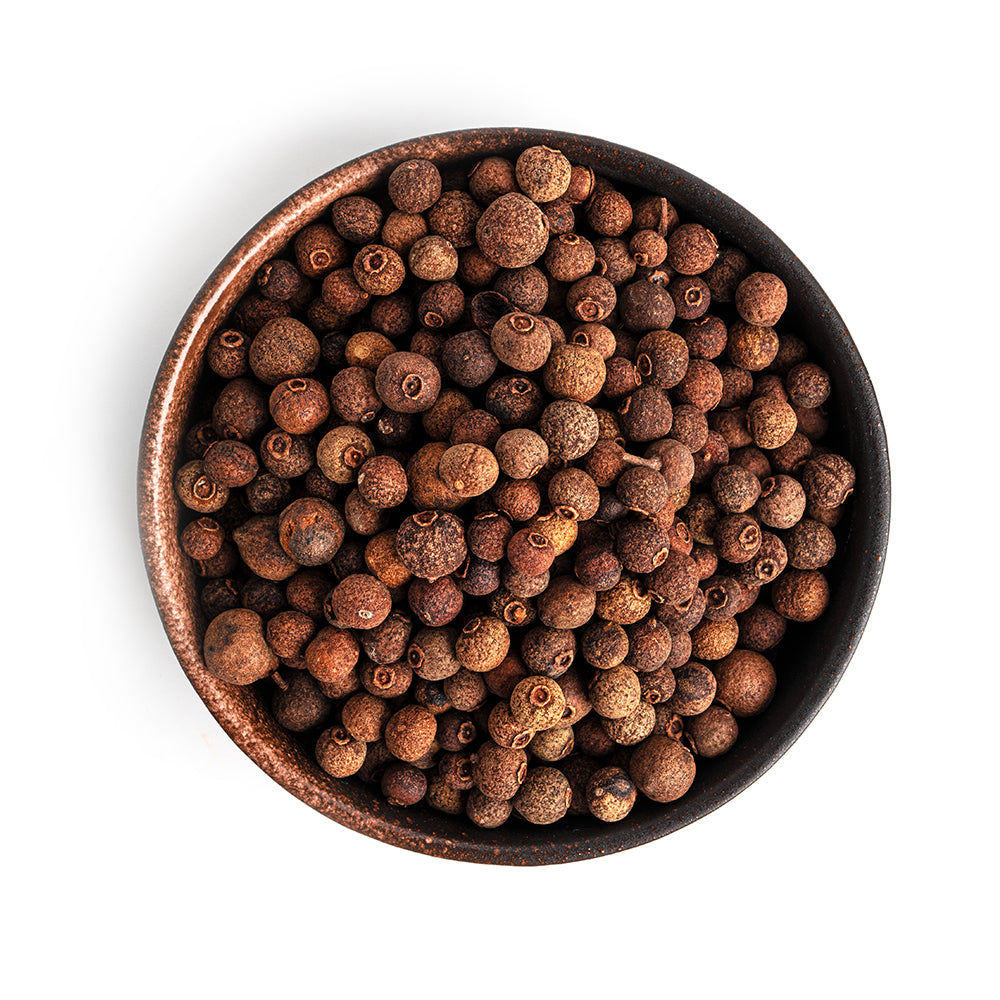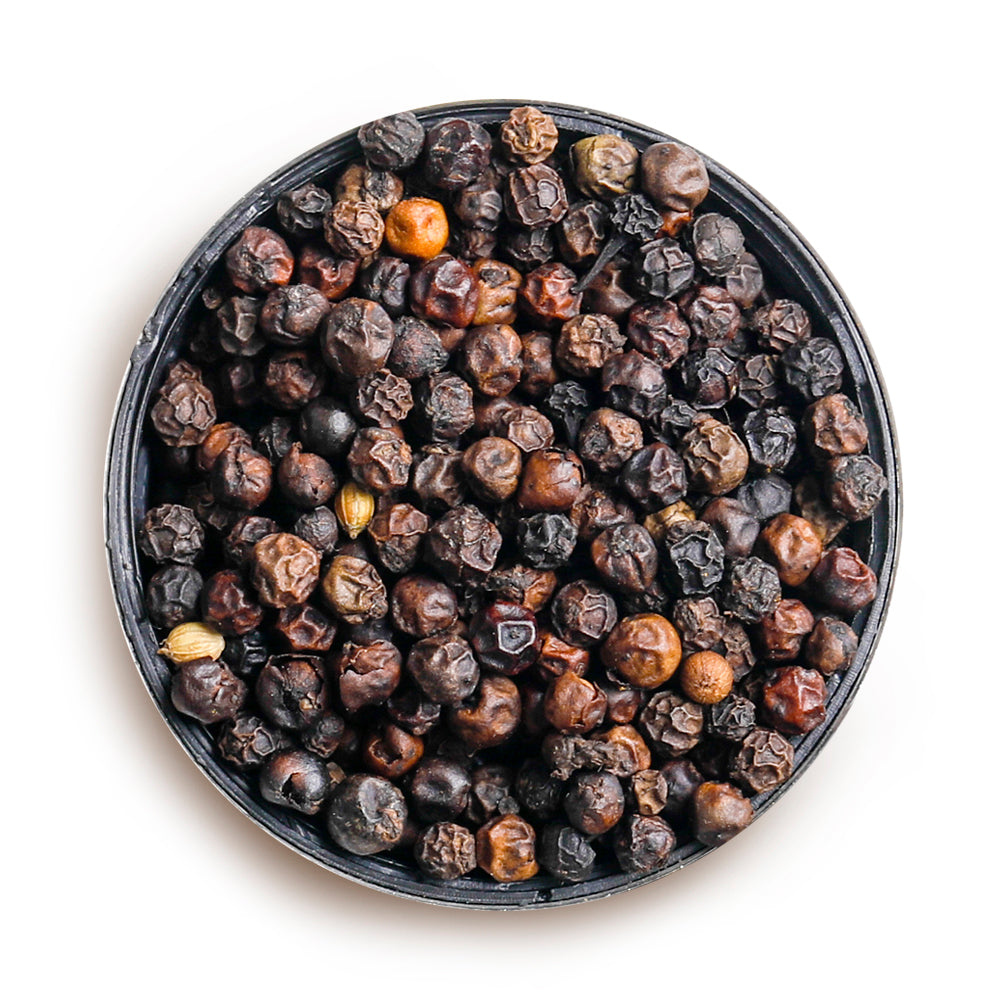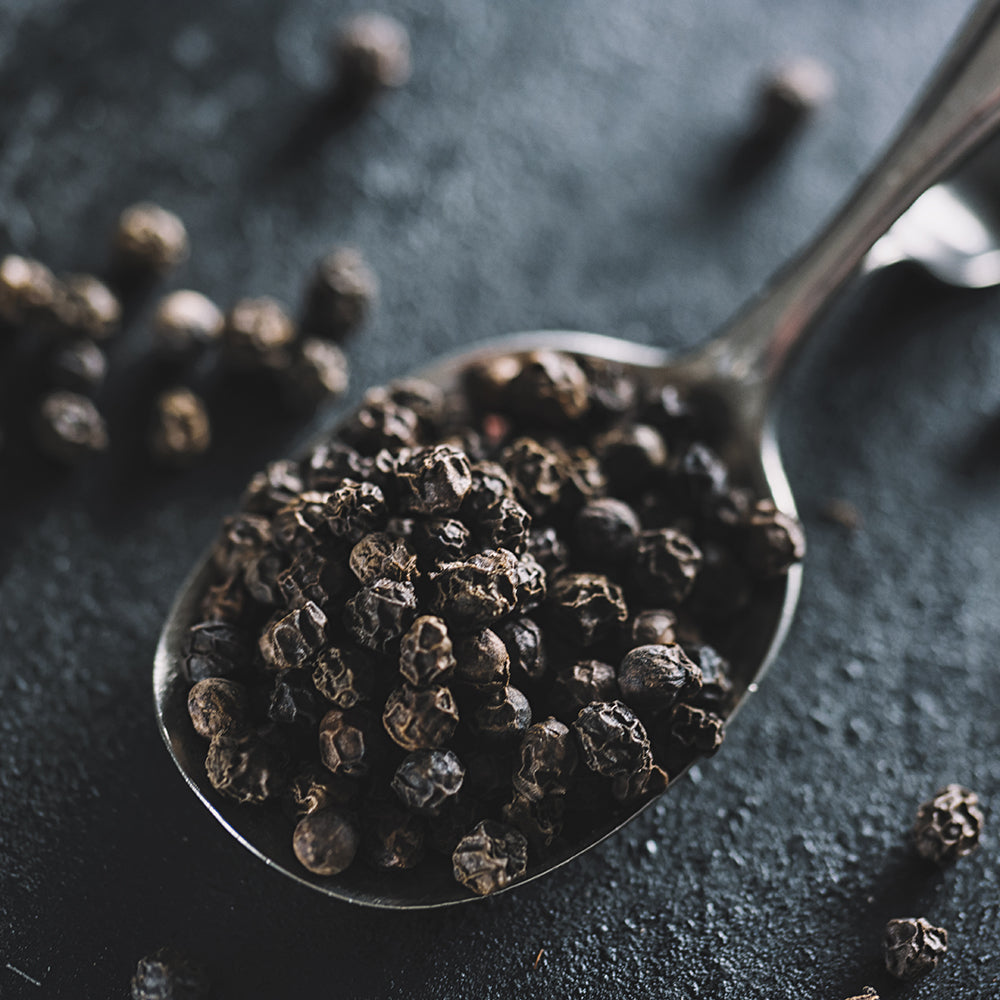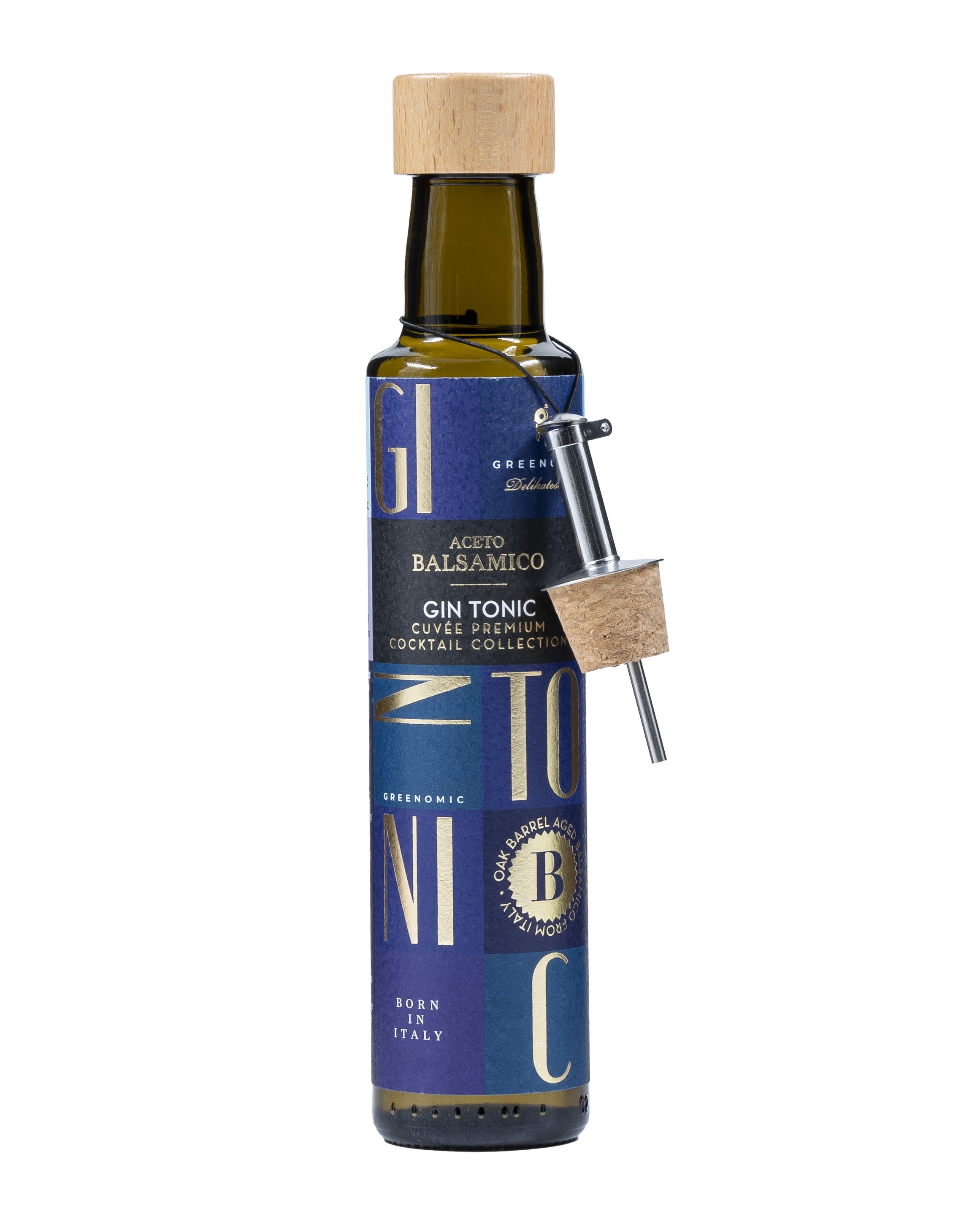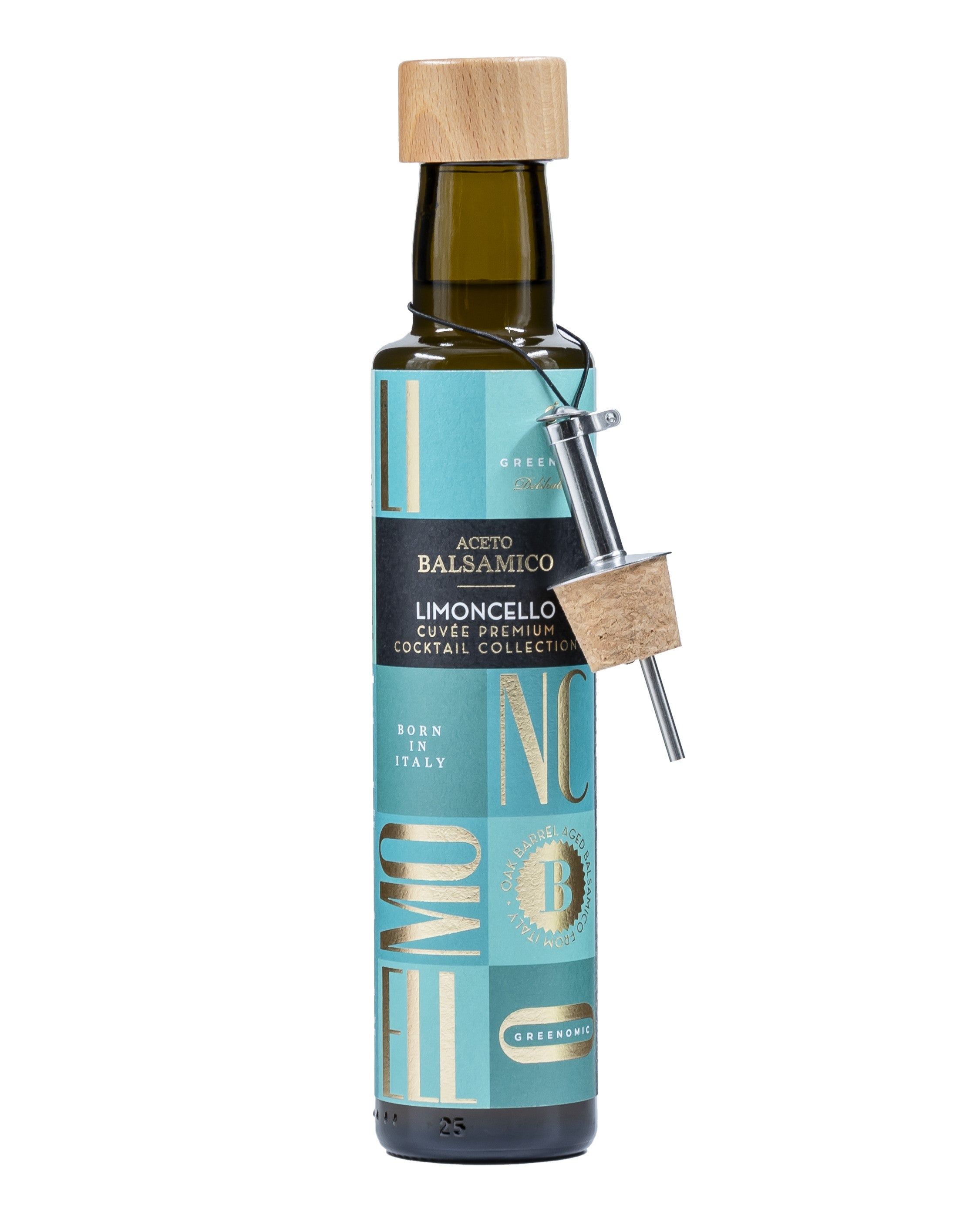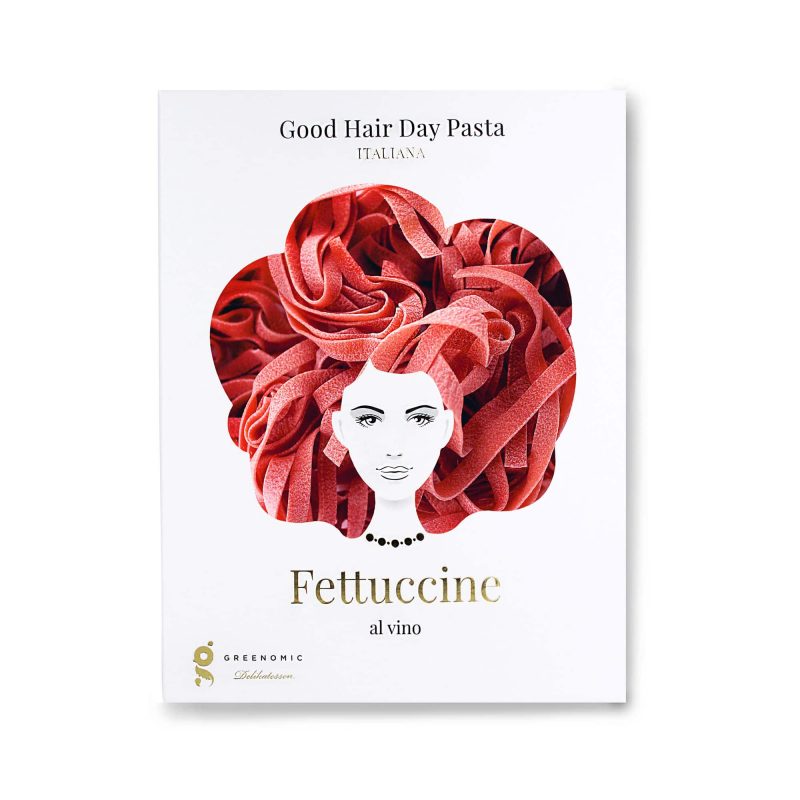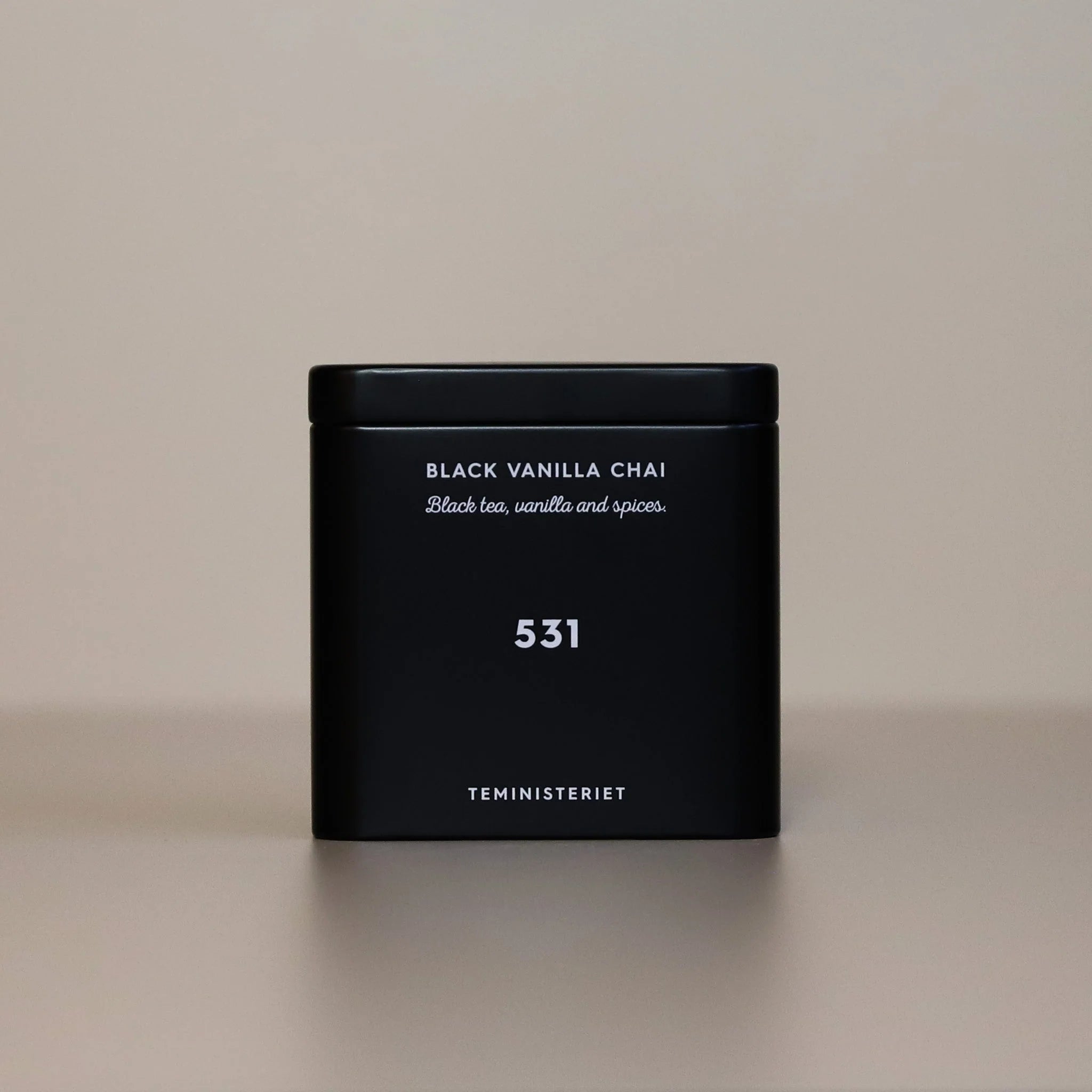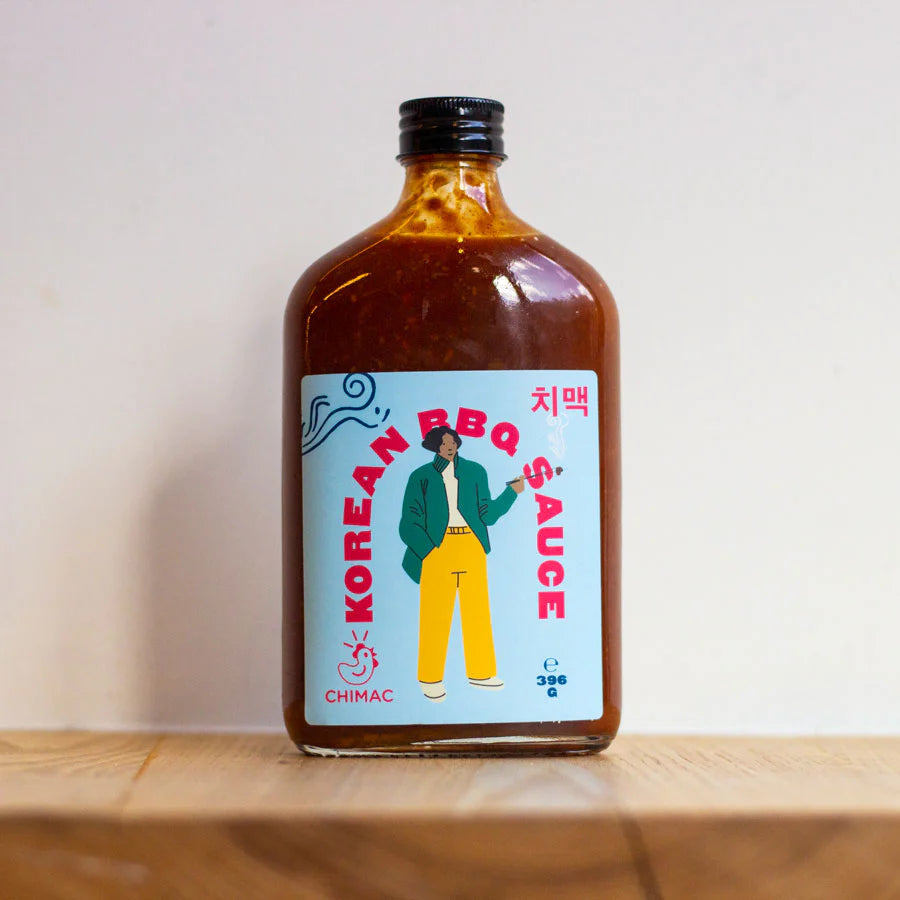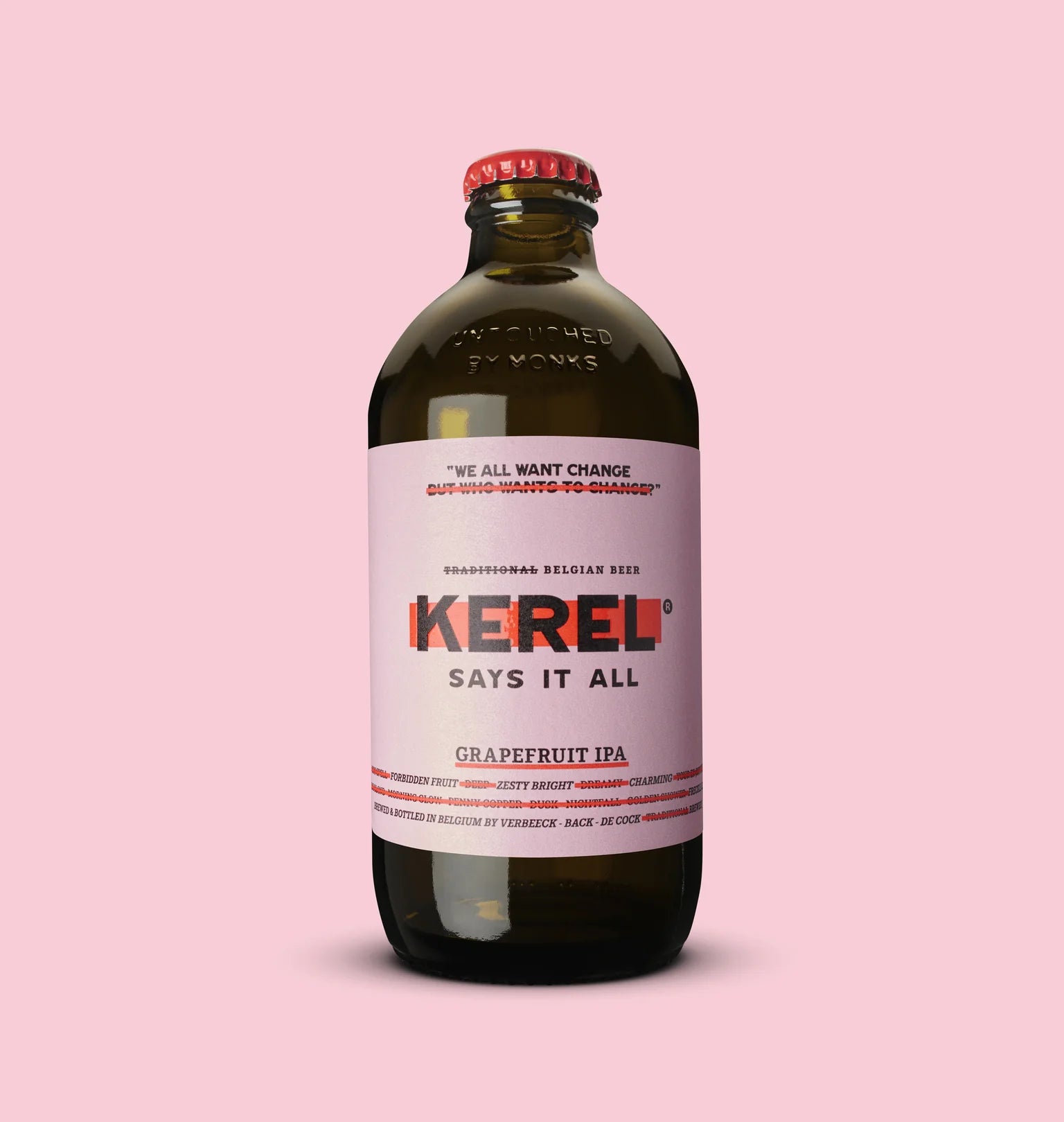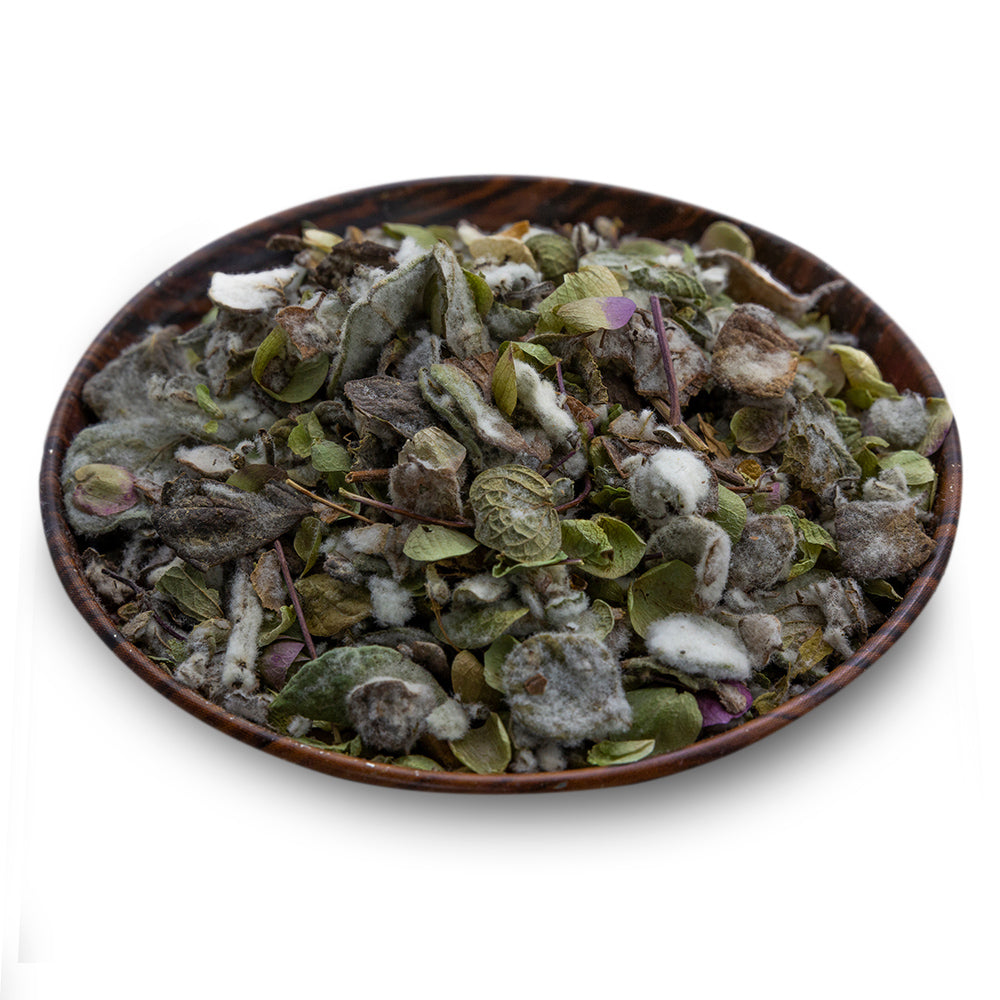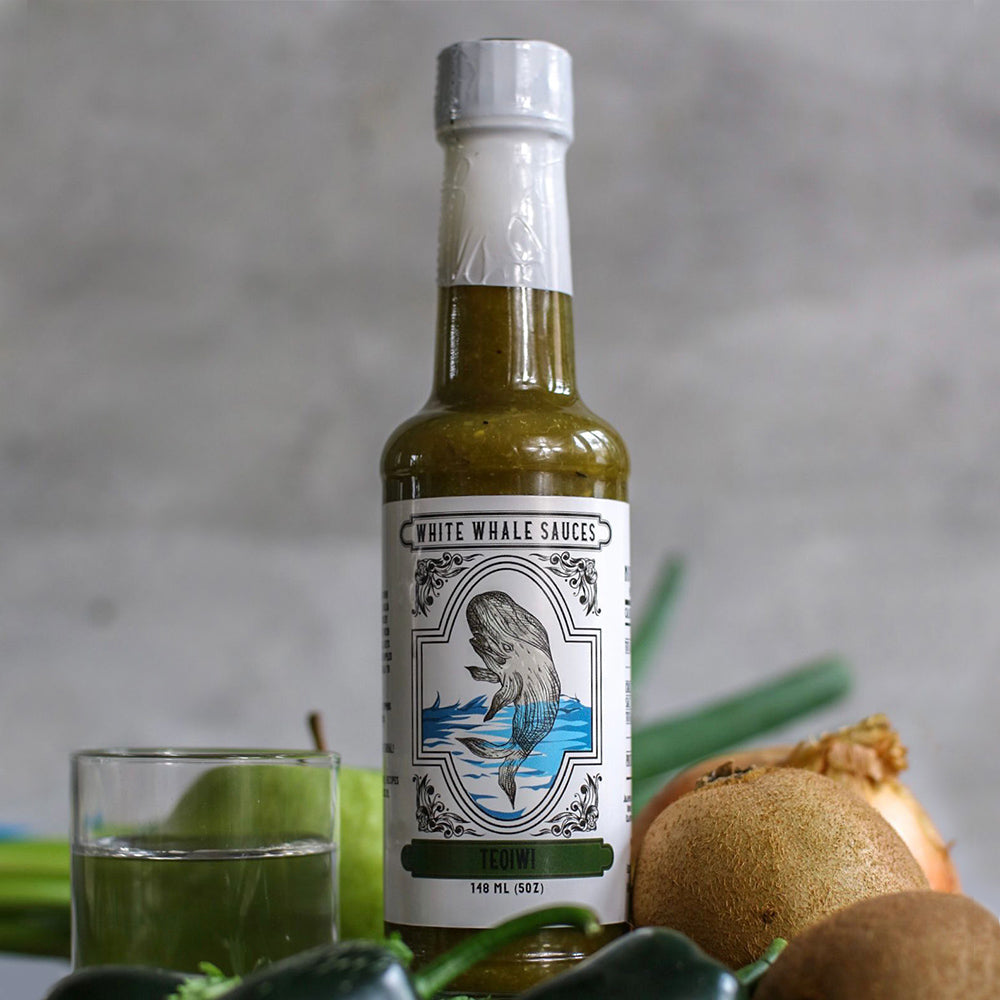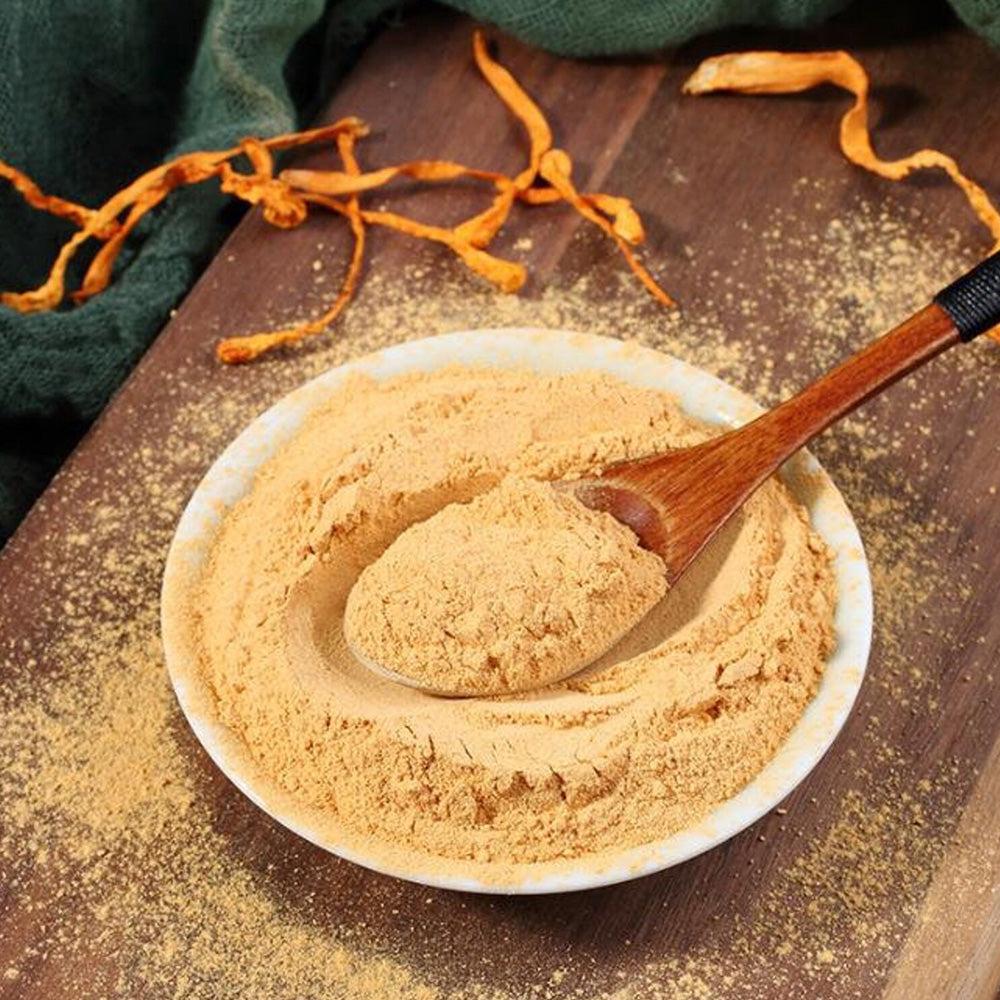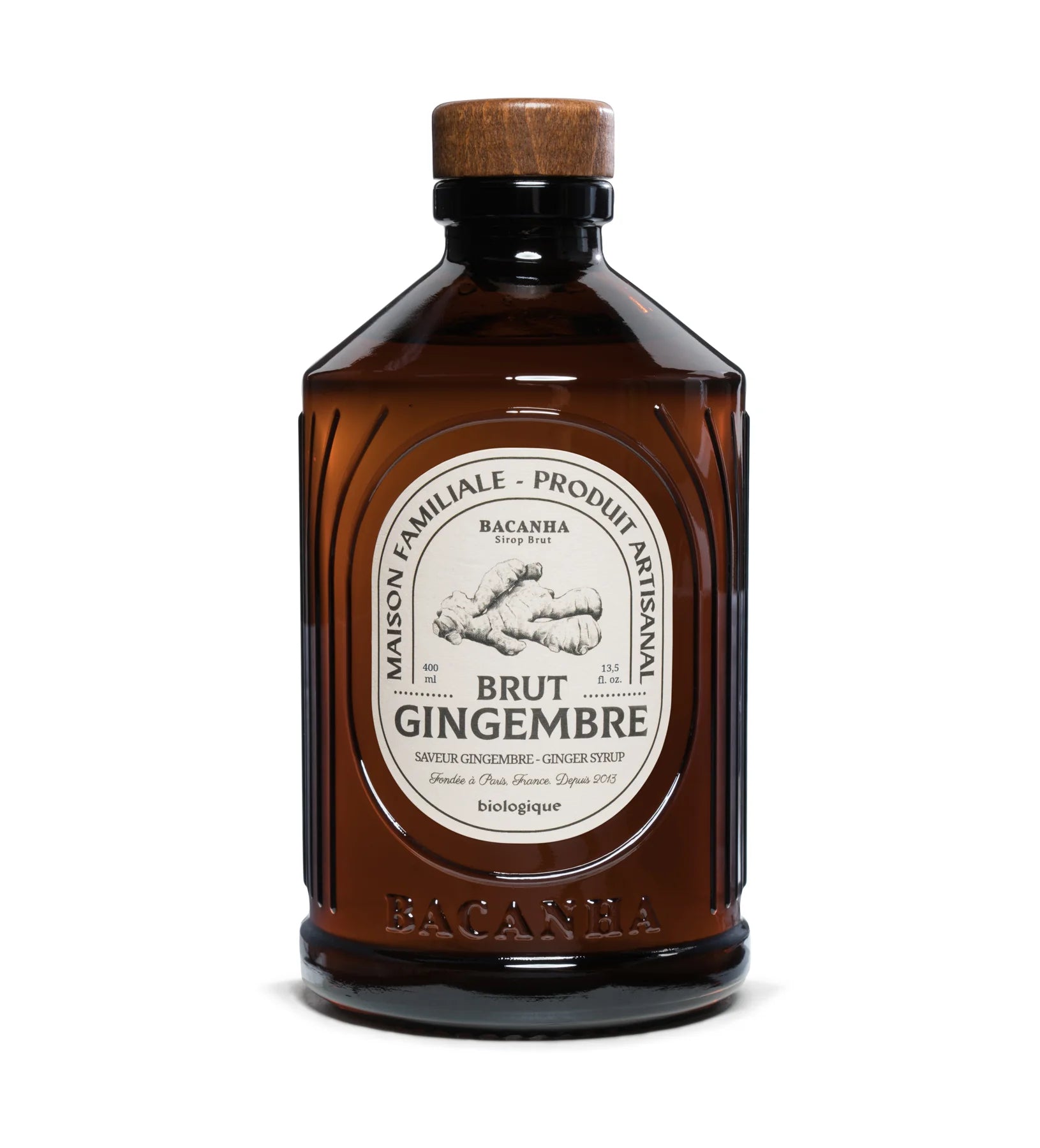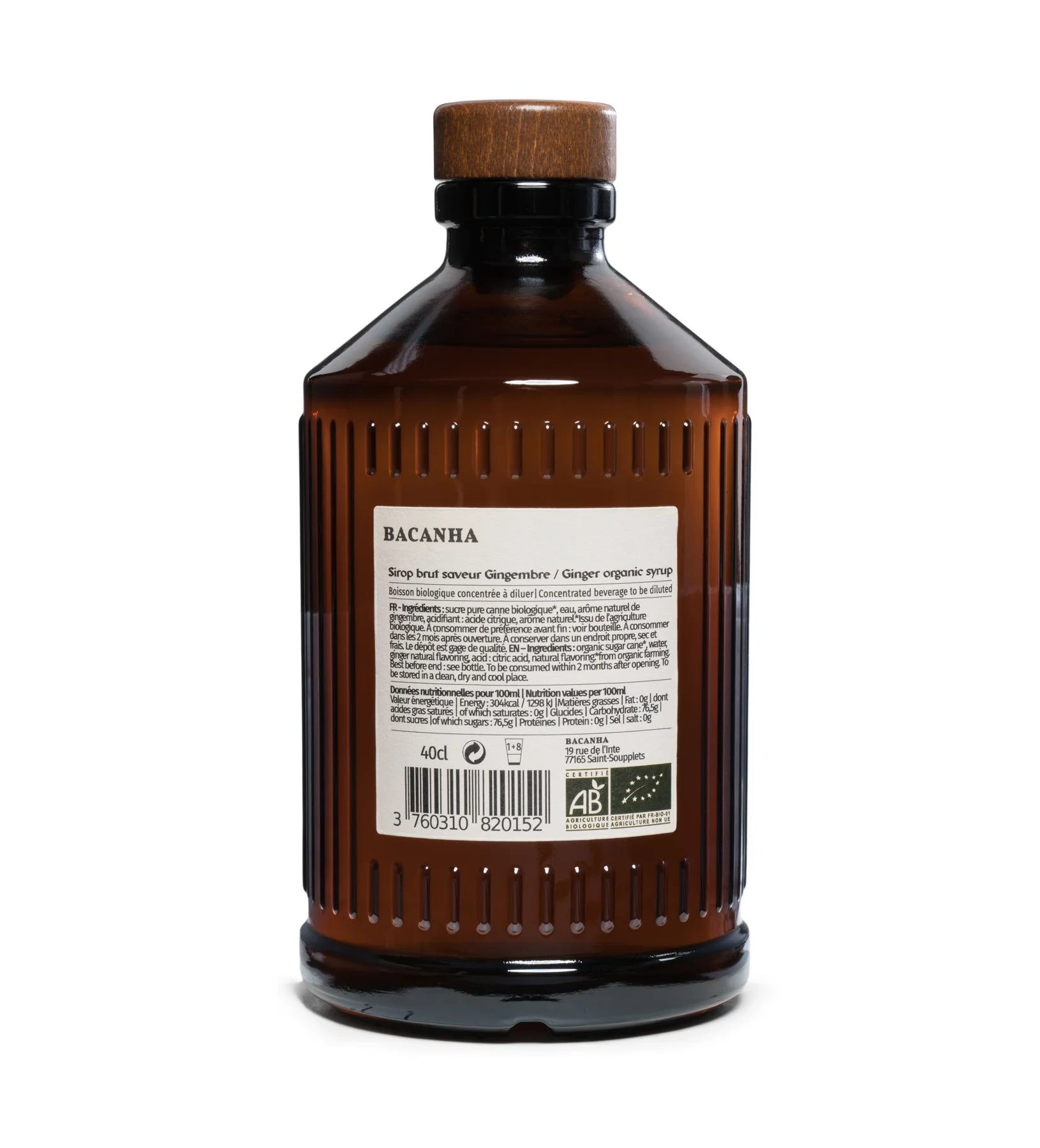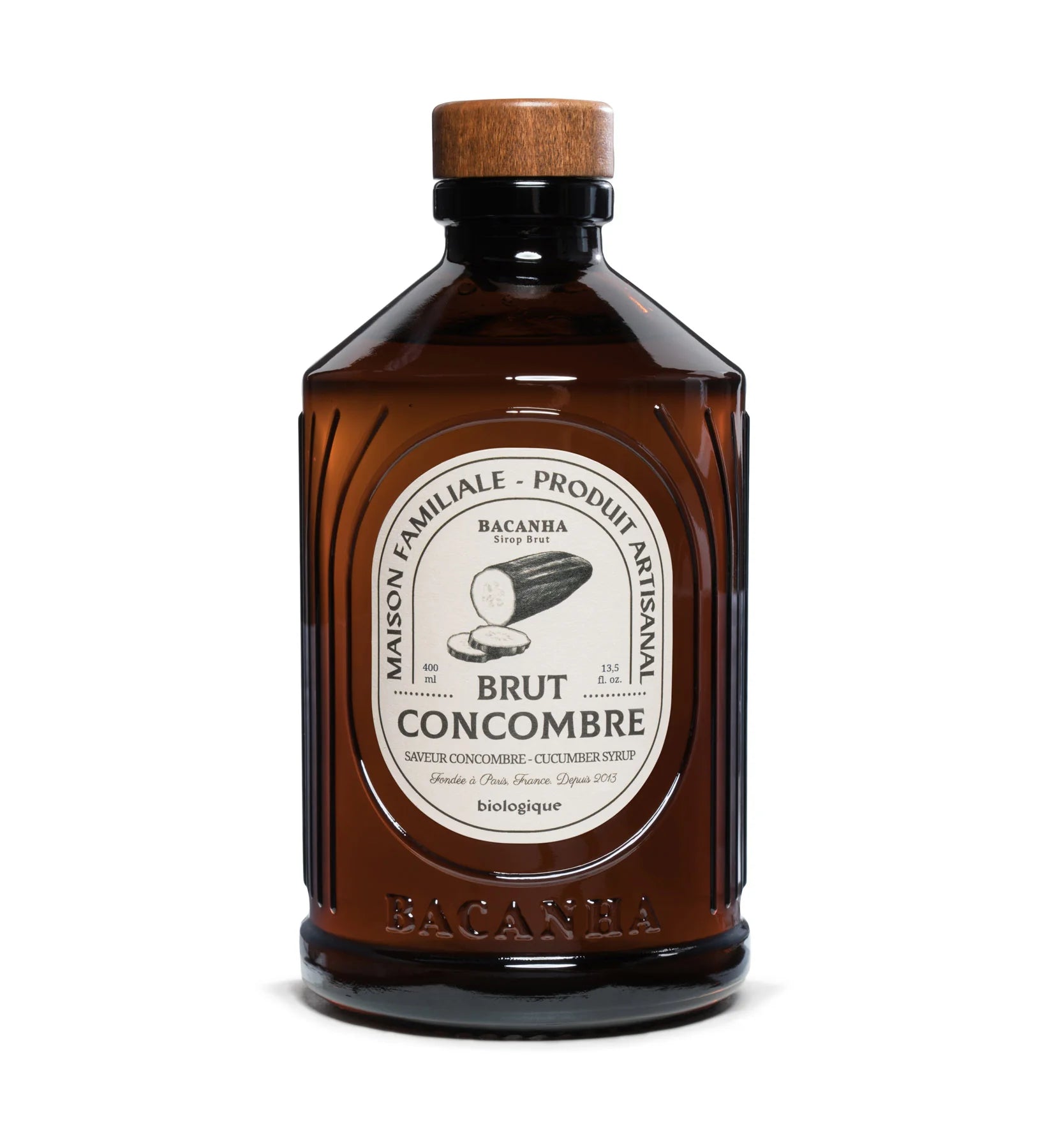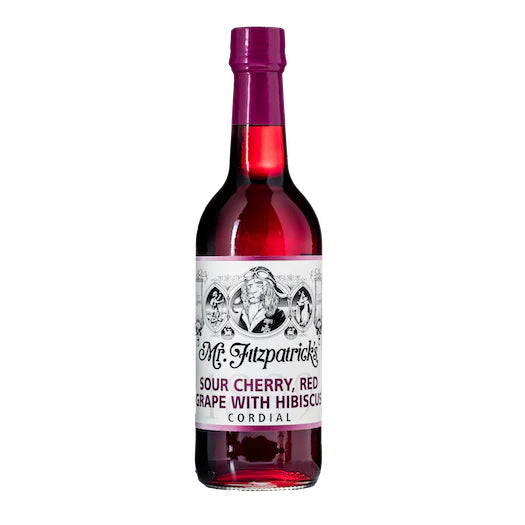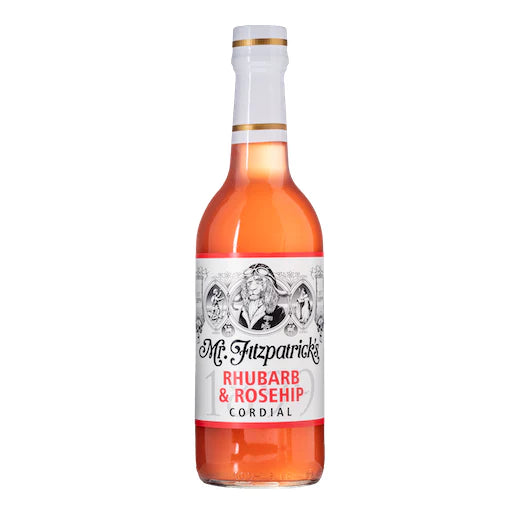About Cumin Seeds Organic
Cumin is a spice made from the dried seed of a small, herbaceous umbellifer plant, which is a member of the parsley family. Cumin is one of the most popular spices and is commonly used in Latin American, Middle Eastern, North African, and Indian cuisines. Evidence of cumin in Egypt’s pyramids suggests that it was in use more than 5,000 years ago. It was a significant spice for the Minoans in ancient Crete. Thought to be native to Egypt’s Nile Valley and the Eastern Mediterranean, cumin is cultivated in India (largest producer and consumer), Syria, Turkey and Iran.
Cumin contains essential oils that make it very aromatic and awakens your senses by its smell only. The smell of the oval seeds is strong and heavy, spice-sweet, with acrid but warm depth. The flavor is rich, slightly bitter, sharp, earthy and warm with a persistent pungency. It adds earthiness and warmth to food. It a staple to soups and stews. Cumin is a key ingredient of many spice mixes like garam masala, baharat, curry powder, adobos.
Our organic cumin powder contains high concentrations of vitamin B and E, trace minerals (calcium, magnesium, iron, zinc, potassium) and can act as a natural antioxidant, defending against infections and boosting the immune system.
Storage and shelf life
Store organic cumin powder in a dry and sealable food storage container – we recommend glass. Keep the container in a cool, dry and dark area out of the sun and heat. Sunlight and heat can reduce the nutritional and flavoring quality of the seeds. Keep the container away from liquids that may leak into it.
Organic cumin powder, when properly stored, have a shelf life for up to 6 months.
Shipping and delivery
The product is available for delivery and pick up from our store in de Pijp.
The product is delivered in recycled paper bags
How to use
Our cumin powder is made by grinding dry slow roasted cumin seeds. You can add it throughout the cooking process to boost the aromatic character of a dish, especially marinades and stews. Its flavor doesn’t need heat or time to be released, as is the case with the seeds.
Cumin powder is a quintessential spice in a few different blends, including curry powder. It is also used as part of a rub, in a marinade, and as a seasoning for hearty dishes.
Flavor Pairings
Eggplant, root vegetables, pulses, chicken, lamb, hard or pungent cheeses, yogurt, black beans, kidney beans, chickpeas, cilantro, rice, couscous, bread, cabbage, onions, potatoes, sauerkraut, pumpkin.
Other interesting information
In Morocco cumin is kept in its own container at the dining table in much the same way we keep salt and black pepper close at hand.
This spice has great significance in many cultures and societies. It even has religious significance in addition to the multitude of medicinal qualities it possesses. Cumin has been mentioned in both the Old and New Testaments of the Bible as well as being used both as a spice and as a preservative in mummification in ancient Egyptian civilizations. Cumin seeds excavated from an archaeological site in Syria have been dated back to the second millennium BC.
India has embraced this ancient spice more than any other nation the world. Today, India is both the main producer and main consumer of cumin, accounting for about 70% of world production and 63% of total consumption.
